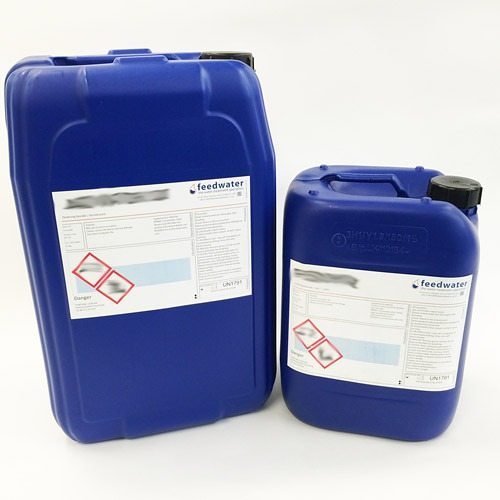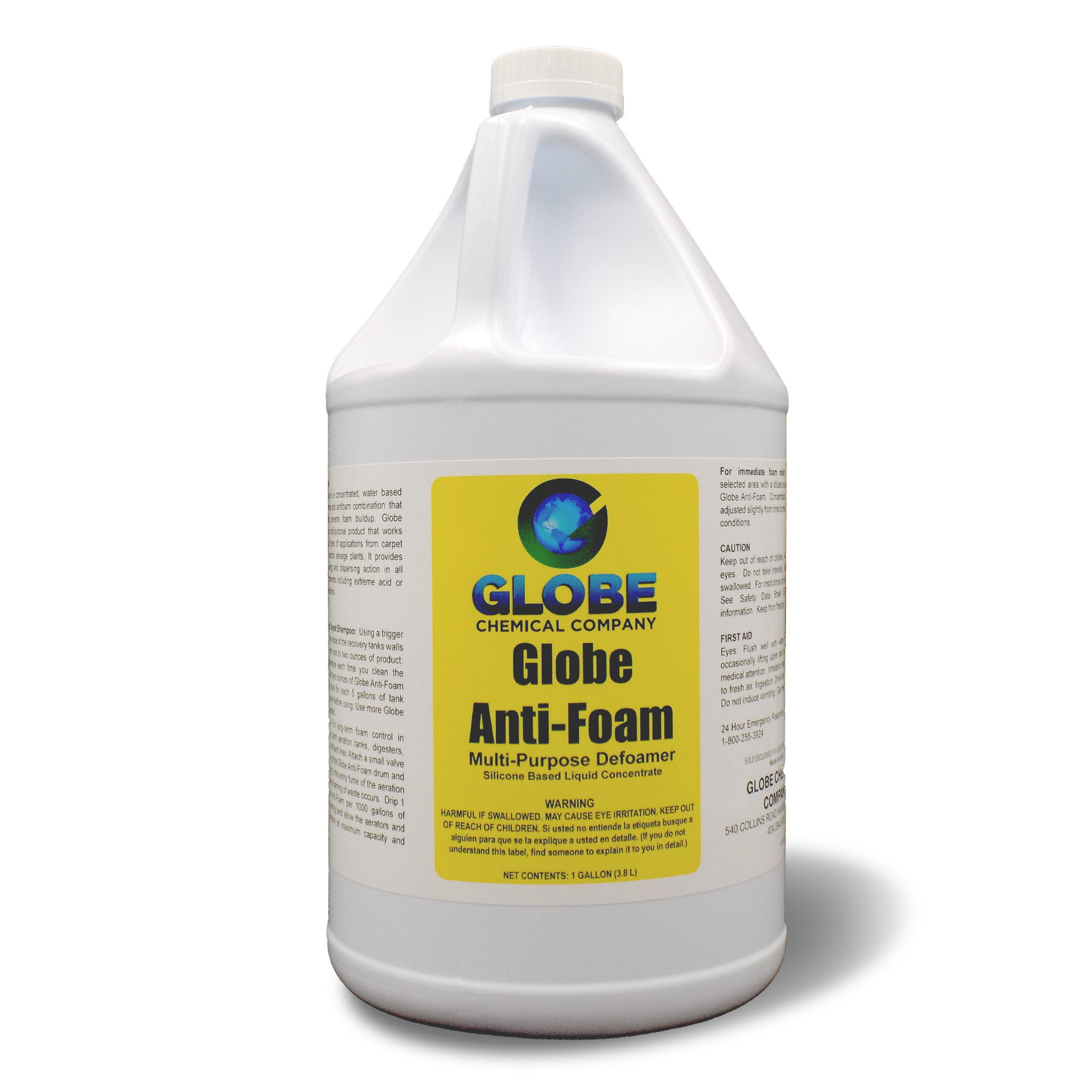The Most Recent Developments in Chemical Defoamer Technology for Enhanced Effectiveness
Wiki Article
Discover the Leading Reasons You Required a Chemical Defoamer for Effective Foam Control
In various industrial applications, efficient foam control is paramount for maintaining functional effectiveness and product top quality. Chemical defoamers serve as important representatives that reduce foam development, thereby enhancing procedures in sectors such as food production, pharmaceuticals, and wastewater treatment. Their ability to reduce surface stress not just promotes quicker foam collapse but also brings about considerable cost savings and boosted resource management. As we discover the diverse benefits of chemical defoamers, it ends up being evident that their role expands beyond plain foam reduction, influencing general performance in manner ins which may not be quickly noticeable.Enhanced Functional Performance
How can the effective use chemical defoamers significantly improve operational efficiency in numerous industrial procedures? The existence of foam can hinder manufacturing by obstructing devices, decreasing ability, and making complex procedure control. Chemical defoamers function as a critical option in reducing these challenges. By reducing surface area tension, they assist in the rapid collapse of foam, enabling smoother operation and minimizing downtime (Chemical Defoamer).In industries such as food and beverage, drugs, and wastewater treatment, the application of defoamers enhances procedure stability and product top quality. As an example, in fermentation processes, managing foam generation is crucial for making the most of yield and performance. Additionally, the use of defoamers can result in more efficient blending and oygenation, causing boosted response times and overall performance.
In addition, when foam is successfully managed, it reduces the risk of overflow and contamination, making certain conformity with security and high quality requirements. Inevitably, the integration of chemical defoamers into commercial processes fosters a much more reliable process, optimizing result while maintaining top notch criteria.
Cost Financial Savings and Source Administration

In lots of applications, too much foam can cause overuse of chemicals, leading to unneeded costs. By controlling foam degrees, businesses can maximize their chemical input, therefore lowering operational prices.
Furthermore, minimized foam in processing systems can enhance the general throughput, enabling centers to boost production capacity without sustaining added prices - Chemical Defoamer. This effective source management equates right into substantial economic benefits, making it possible for services to allocate funds towards advancement or growth. In recap, the integration of chemical defoamers right into industrial processes promotes a much more resource-efficient and cost-efficient environment, eventually supporting organizational development and sustainability
Improved Item Quality

Using chemical defoamers plays a vital role Continue in boosting item quality throughout numerous sectors. Extreme foam can result in irregular item solutions, impacting the final features of products such as paints, finishes, food items, and pharmaceuticals. By mitigating foam development, chemical defoamers promote smoother manufacturing processes, ensuring that formulations continue to be uniform and meet given high quality requirements.
In the food and drink industry, for circumstances, the presence of foam can affect the quality and preference of products, ultimately influencing consumer fulfillment. Chemical defoamers help preserve the desired texture and appearance, thus enhancing the total quality of the last product. Likewise, in the production of layers and paints, foam content can lead to problems such as pinholes and inadequate attachment, weakening the item's efficiency.
Furthermore, using defoamers can improve the performance of procedures like fermentation and emulsification, which are essential for achieving wanted product characteristics. By simplifying production and guaranteeing regular quality, chemical defoamers not only boost the end product but likewise add to a positive brand name credibility. Hence, investing in effective foam control services is crucial for any company aiming to deliver top notch items constantly.
Equipment Security and Long Life
Minimizing foam production is necessary for protecting tools and guaranteeing its long life in various industrial applications. Too much foam can check here cause a variety of operational issues, including tools damage, boosted upkeep prices, and unexpected downtime. When foam builds up, it can create overflow, bring about spills that compromise the integrity of machinery and bordering areas.In addition, foam can obstruct pumps and sensing units, which can prevent performance and performance. In extreme cases, it can result in the breakdown of components, requiring expensive repairs or replacements. By using a chemical defoamer, firms can properly minimize foam development, hence safeguarding their equipment from the damaging results of foam-related problems.
In enhancement to stopping damages, reliable foam control can dramatically boost the operational life expectancy of equipment. Spending in a top quality chemical defoamer is a proactive technique for securing tools and promoting longevity in commercial settings.
Flexibility Throughout Industries
Chemical defoamers play an essential duty in various sectors, efficiently attending to foam-related challenges across diverse applications. Their convenience is apparent in fields such as food and drink, pharmaceuticals, and wastewater therapy, where foam can hinder procedures and lower effectiveness. In the food sector, defoamers make certain smooth production by protecting against foam formation during blending, fermentation, and bottling, thus keeping item top quality and consistency.
Additionally, in wastewater treatment centers, chemical defoamers are used to regulate foam throughout the aeration procedure, promoting optimum microbial task and improving the total treatment performance. Their ability to work effectively in high-shear and high-temperature settings additionally underscores their versatility.
Final Thought
In verdict, the usage of chemical defoamers is critical for reliable foam control across numerous industries. The versatility of defoamers allows for extensive application in food production, pharmaceuticals, and wastewater treatment, ultimately contributing to sustainable development and the upkeep of high operational criteria (Chemical Defoamer).Chemical defoamers offer as vital agents that alleviate foam development, consequently boosting procedures in industries such as food production, drugs, and wastewater treatment. As we discover the complex advantages of chemical defoamers, it comes to be apparent that their duty prolongs beyond mere foam reduction, influencing general efficiency in ways that might not be immediately noticeable.
By reducing foam formation, chemical defoamers assist in smoother production processes, making sure that solutions continue to be uniform and satisfy specific high quality standards.
By making use of a chemical defoamer, companies can effectively alleviate foam formation, thus guarding their equipment from the detrimental effects of foam-related issues.
In conclusion, the use of chemical defoamers is imperative for reliable foam control across different industries.
Report this wiki page